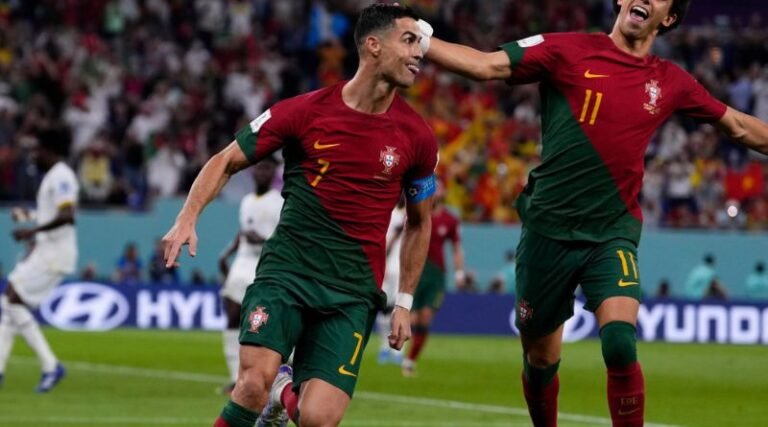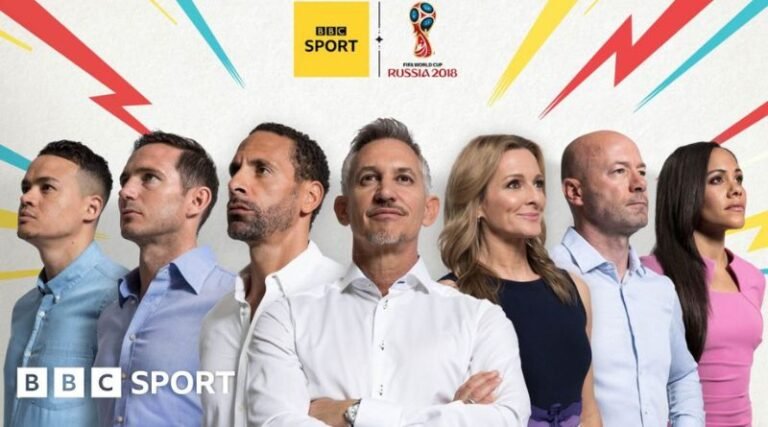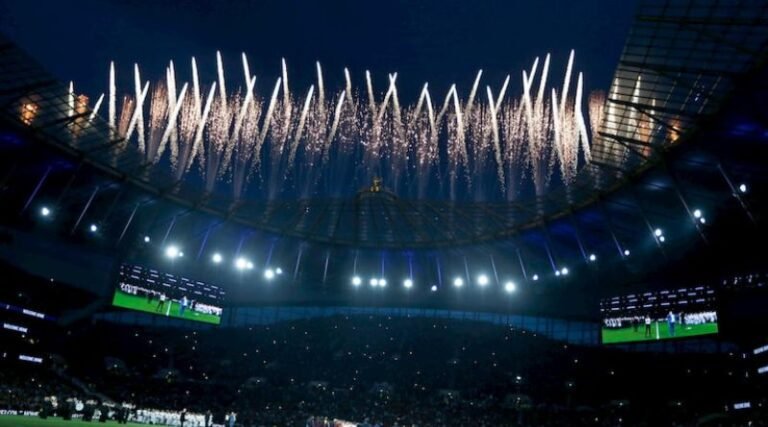Morocco and Portugal making progress in women’s football
When Morocco and Portugal square off in the Quarter-Finals, they will do so for the third time in the tournament’s history. Both teams are accustomed to playing each other at the FIFA World Cup. Both nations are now making strides in women’s soccer as well; Morocco will make their debut at the FIFA Women’s World Cup in 2019 and Portugal, who qualified for the Play-Off Tournament in Aotearoa New Zealand in February, is one match away from joining them.
When hosting the 2022 CAF Women’s Africa Cup of Nations, Morocco defied all predictions and came in second place to South Africa, the only team to defeat them, 2-1. Their prize was a first-time FIFA Women’s World CupTM qualification.
The Moroccan Football Association (FRMF) has made significant investments in women’s soccer in recent years, and those investments have paid off, a success made all the more remarkable by the difficult economic backdrop.
Each member organization was entitled to a €500,000 grant for women’s football as part of FIFA’s Covid-19 assistance package; this money assisted Morocco in reviving the sport. Due to the return of competition, the quality of play and entertainment levels have increased significantly, drawing large crowds of fans. At the same time, an increasing number of girls are picking up the sport and showcasing their talent.
The national U-17 women’s team, which made its global finals debut in India in 2022, was coached by Anthony Rimasson. “There’s still a lot of work to be done, certainly, but the quality is there,” he remarked. In Morocco, women’s football is still a relatively new sport. The buildings took some time to set up, but the game is now well-organized. We are better equipped to identify those with talent. The women’s game in Morocco can look to the future with a great lot of optimism after overcoming some challenging periods.
The Cidade do Futebol (City of Football) complex was inaugurated by the Portuguese Football Federation (FPF) in 2016 to centralize all of its administrative and sporting operations. The Cidade do Futebol also has a technical center with a 340-capacity stadium, two grass fields, a set of dressing rooms with cutting-edge amenities, and offices designated for coaching and support staff.
The FIFA FORWARD development program helped to improve the infrastructure of the City of Football.
The enhancements have benefited the training regimen of the women’s national team. Because we may now exercise at different times, the framework of our daily training routine has changed, according to women’s national team coach Francisco Neto.
“The players can perform at an even greater level because of the quality of the field and the decreased danger of injury that follows. That has unquestionably greatly aided us in terms of our internal dynamic, the opportunities we can provide for our players, and their health. The technical team loves the atmosphere we are in right now because it fully puts the players at ease “He clarified.
In our situation, for the women’s game, FIFA serves as a crucial global reference point for football, Neto concluded. “It is crucial for us to be able to get assistance and adhere to best practice models. Fortunately, the associations and FIFA have collaborated to overcome these issues, which has significantly improved women’s football.”
The Equipa das Quinas has recently had success, which reflects this turn of events. Portugal is one win away from qualifying for their first-ever FIFA Women’s World CupTM finals after defeating Belgium 2-1 and Iceland 4-1 after extra time in the UEFA qualification play-offs for the FIFA Women’s World Cup Australia / New Zealand 2023TM. Neto’s team qualified for the playoff competition by having. With the third-best record among the three European play-off champions, behind Switzerland and the Republic of Ireland, Neto’s team advanced to the play-off tournament and will now take on either Thailand or Cameroon.
Reuters, Dec. 10: DOHA Morocco continued their unexpected run in Qatar on Saturday night with a shock 1-0 victory over the highly anticipated Portugal, making World Cup history as the first African and Arab nation to advance to the semifinals.
Just before halftime at the Al-Thumama Stadium, Youssef En-Nesyri leaped high in the air to head home the game’s lone goal, striking a significant blow against football’s established order and securing a semi-final matchup on Wednesday against either England or France, who will face off later on Saturday.
The outcome will be warmly welcomed in Africa and the Arabic-speaking Middle East, where fans are eager to see one of their sides competing for football’s top honor.
In this tournament, Morocco had already defeated Belgium and Spain, but the victory over Portugal is considerably more significant.
Despite losing crucial defender Nayef Aguerd before the game to injury and his back four partners and captain Romain Saiss early in the second half, it was one of Morocco’s finest displays in Qatar, full of tenacious defending and deft counters, keeping at bay a collection of world stars.
In addition to being a squandered opportunity against the tournament’s lowest-ranked team, Portugal’s performance will be remembered as Cristiano Ronaldo’s depressing farewell match at the age of 37.
Following their victory over Spain in the last 16, Morocco claimed they were exhausted and switched to defense as Portugal attacked right away. They were once more loudly applauded by the majority of the 44,198 spectators.
Joao Felix’s diving header off of a Portugal free kick that was looped into the penalty area in the fourth minute forced a superb save from Yassine Bounou.
However, since Morocco blocked the crossing lanes and impeded the Portuguese attackers, the supply soon ran out.
In the first half, Joao Felix had two more opportunities to score, but Morocco suddenly found their mojo and routinely broke on the counterattack as their confidence grew.
left behind Selim Amallah was given a golden opportunity in the 35th minute by Yahya Attiat-several Allah’s darting dashes down the flank, but he was unable to take advantage of it.
However, En-Nesyri scored Morocco’s opening goal seven minutes later by outjumping both goalkeepers Diogo Costa and defender Ruben Dias with a thunderous header after a long cross from the fullback into the Portuguese area.
After the first half, an enraged Portuguese crowd surrounded Argentine referee Facundo Tello to complain about many missed penalty requests.
Jawad El Yamiq touched Hakim Ziyech’s in-swinging free-kick four minutes into the second half, but Costa was there to block it this time. Morocco nearly scored a second goal.







